Category Uncategorized
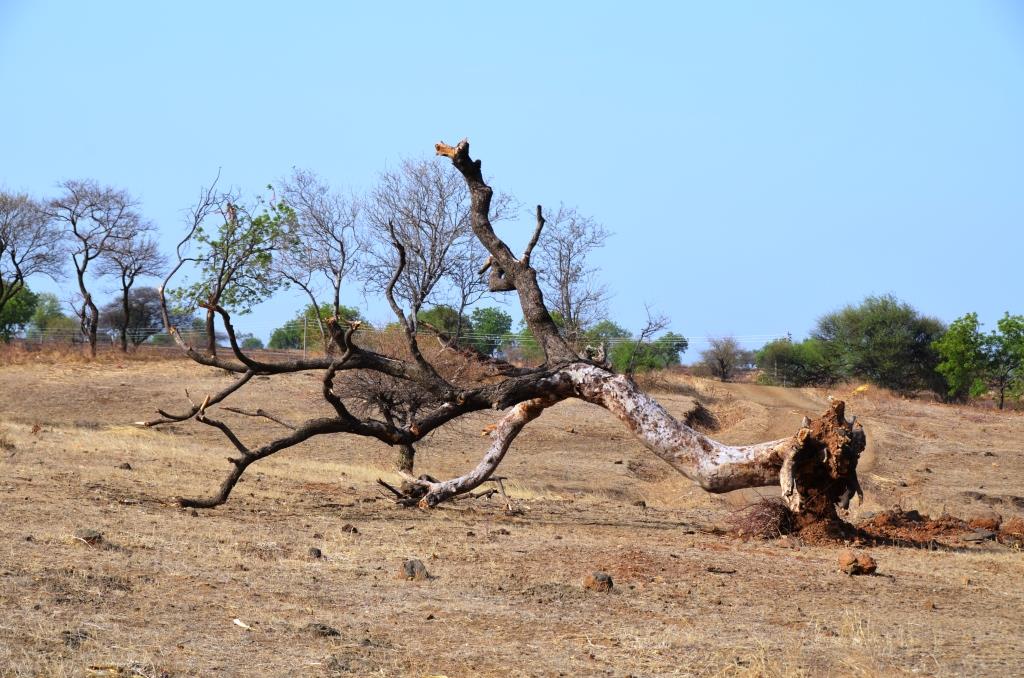
5 signs of climate change in rural India
The seventh-most climate vulnerable country in the world, India faces some of the highest socio-economic risks due to extreme weather events.[1] The country’s demographic profile further compounds the challenges posed by a changing climate, in that over 65% of the total population is rural and dependent on the rapidly depleting natural resources for their sustenance. […]
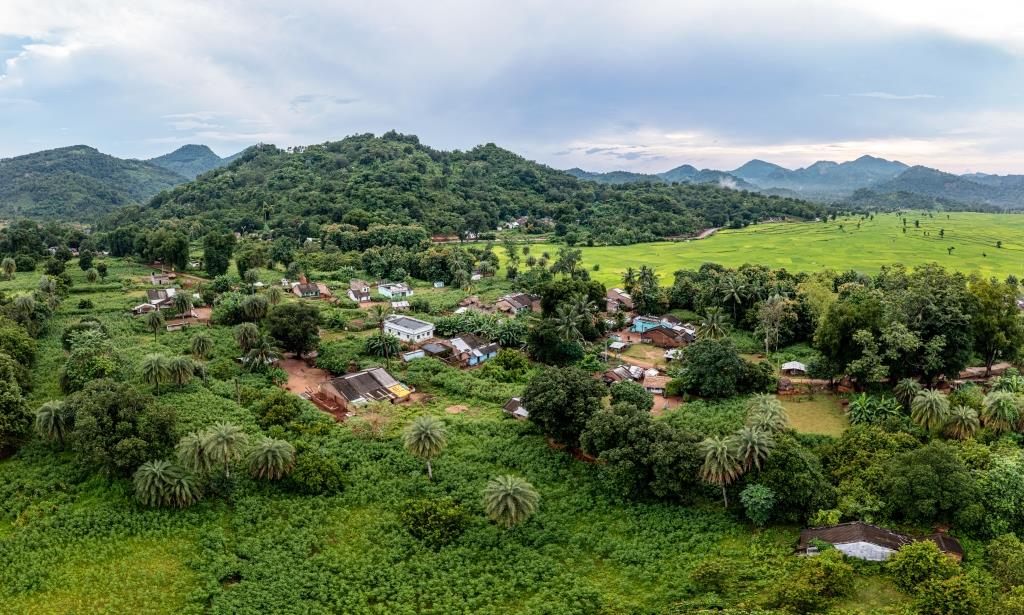
ECOBARI – upscaling ecosystem restoration through collective action
Dr. Marcella D’Souza On 19th November 2021, WOTR with IDH and eight other partners, launched ECOBARI – a collaborative aimed to promote Ecosystem Based Adaptation for Resilient Incomes. The event witnessed over 150 participants. ECOBARI received a huge support from the development fraternity; it is seen as a major step in fostering climate change adaptation […]
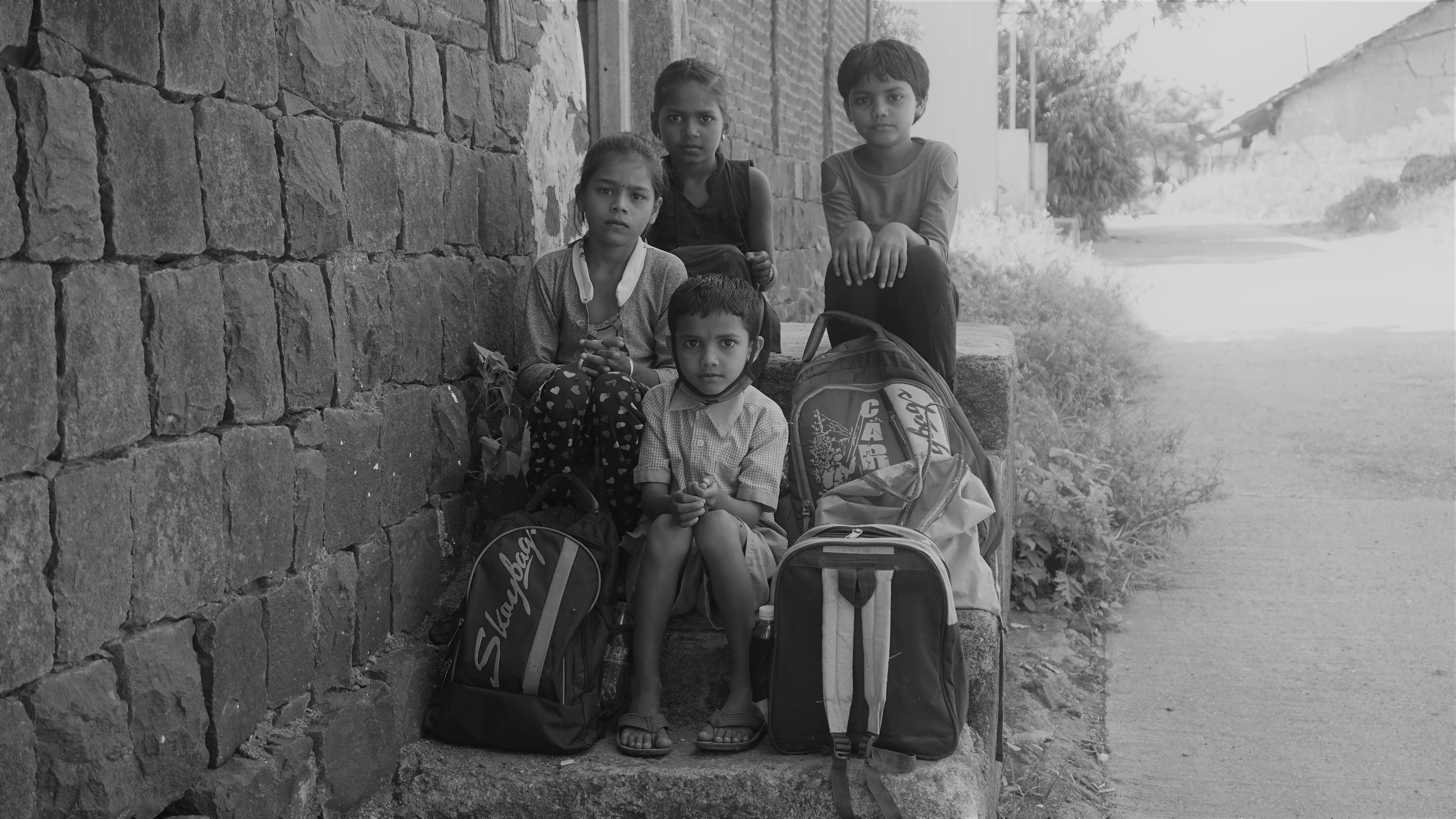
Digging deep in search of water
by Dr. Taufique Warsi and Dr. Eshwer Kale Groundwater resources, considered a replenishable resource, are often overexploited to meet the growing demand of agriculture, domestic, industrial purposes, and inhabitants. Its depletion has hugely affected the economic and social sector, forcing farmers in Maharashtra to construct new wells. However, the support the farmers seek from government […]

Usage of FarmPrecise Mobile App: Feedback of Farmers
by Dr. Arun Bhagat In continuation with a previous blog on “Role of Mobile Apps for Climate Smart Agro-Advisory in Agriculture“, there is a need to provide farmers with a dynamic decision support system that is tailored to their specific farm/crops and provides them weather-responsive advisories across key aspects of agricultural operations. This will help […]
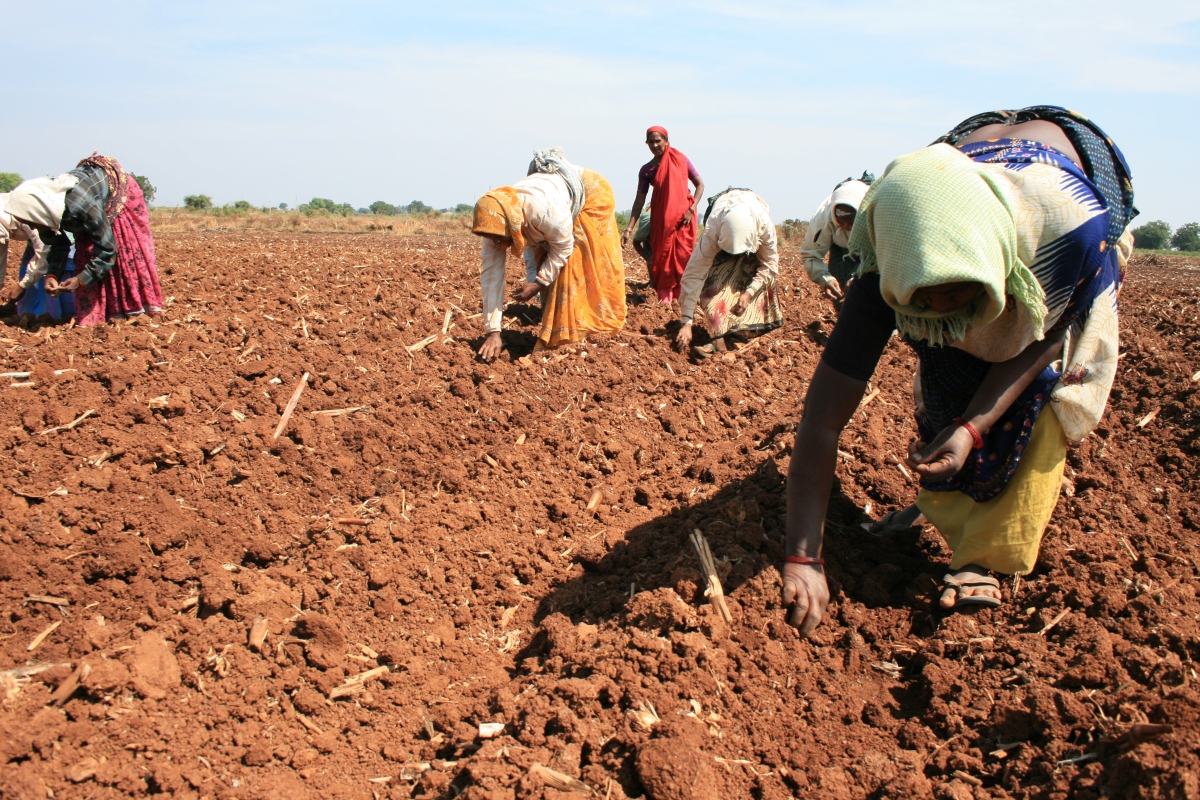
Addressing the impacts of the pandemic on the agricultural sector
by Nikhil Nikam As we all know, in the early stages of COVID-19 in 2020, there was no vaccine or treatment available to protect people against infection. As infections increased, the government implemented lockdowns, closed borders, and imposed travel limits to prevent the virus from spreading—all of these preventive measures to keep the epidemic under […]
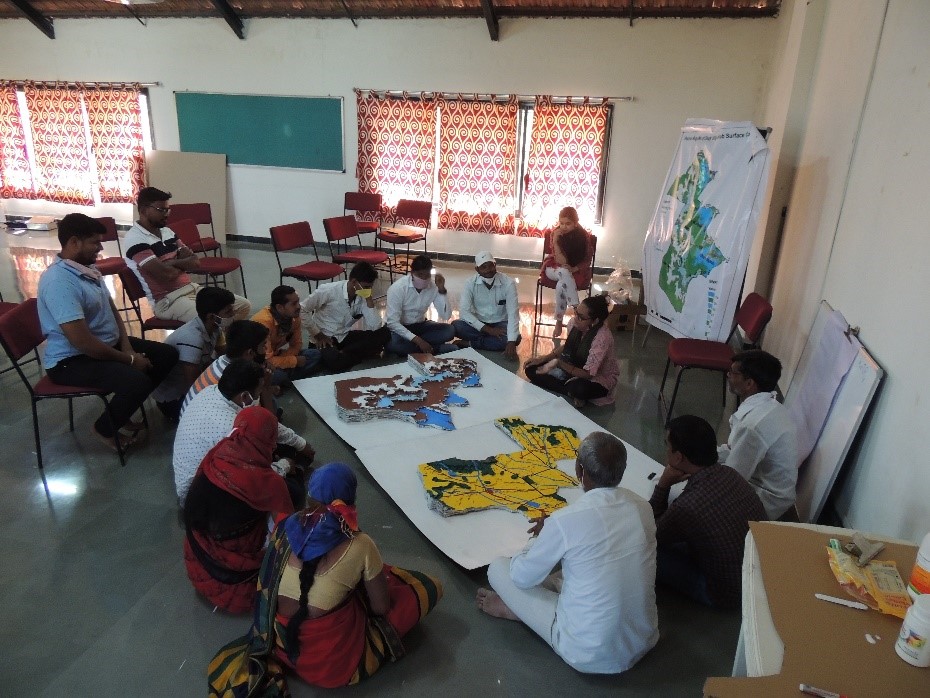
Participatory Aquifer Management Workshop: Creating Awareness for groundwater management
by Tanmay Pisolkar The state of Maharashtra has a wide range of rainfall patterns, ranging from 6000mm to 500mm. With 82 percent of the rural population reliant on agriculture for a living, even small changes in this diversified regional and yearly rainfall result in different crop yields. Groundwater is the major source of irrigation, covering […]
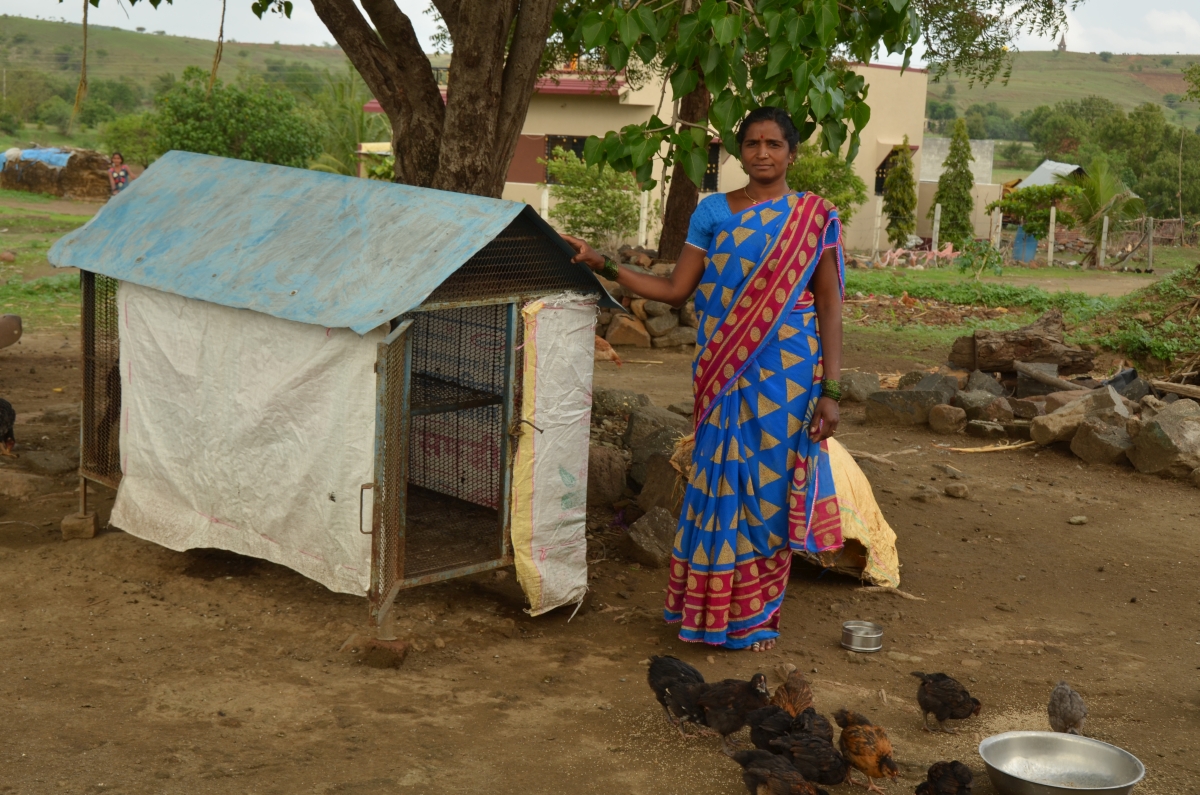
Addressing the issues of household income of landless and poor
by Jyothirmayee Kandula, Srinivas Reddy and Anil Kumar Raising daily wage work is the second-highest source of income, followed by agriculture. However, as agriculture becomes less remunerative due to an increase in the cost of cultivation and fewer crop returns from climate change, alternate livelihoods for household (HH) income gain a prime role. It is especially […]

Nurturing Nature and People amid Climate Change – The Case of Purushwadi
A study of the effectiveness of nearly two decades of nature based and human-centered interventions exemplifying the Ecosystem-based Adaptation (EbA) approach. by Shreya Banerjee and Sonal Alvares In sharing this case study, we hope to demonstrate the potential of EbA to create a much needed change-for-the-better in the lives of marginalized rural communities in India. […]
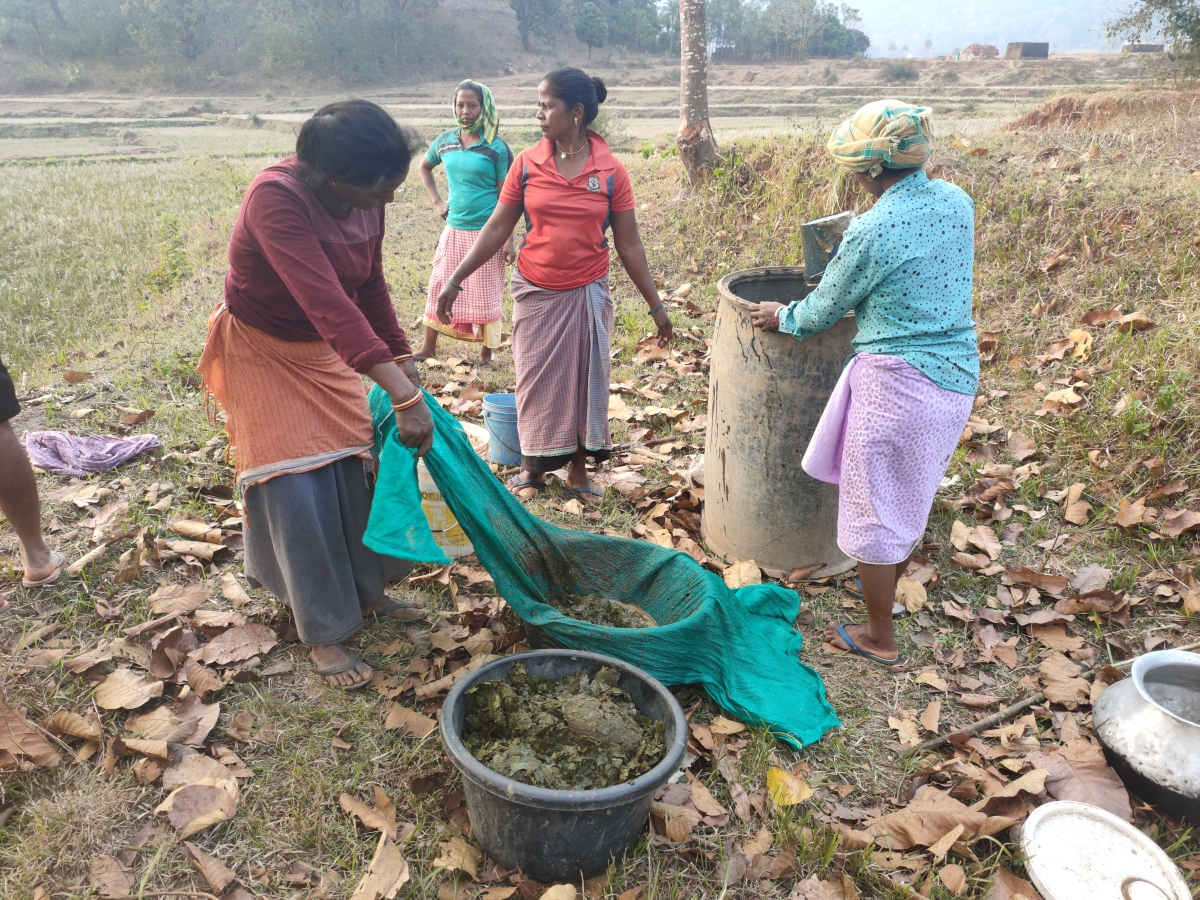
Soil and Water Conservation – Sustainable Pathways for Climate Resilience through Agriculture Intensification
by Anshuman Panda, Shyna Dudeja and Rishu Garg South Odisha, mainly falling under the Eastern Ghats, is geologically part of the ancient landmass of Gondwanaland. The region is particularly vulnerable to climate, regularly frequented by concurrent droughts and cyclones. In total, 11 villages, remotely located in the area of Gunnupur block in Rayagada district, were […]

Impact of land use and land cover changes on the land surface temperature: A case study of Bhokardan, Maharashtra
by Ajit Jadhav Global warming has been affecting human lives worldwide, but this is occurring more rapidly in recent years due to various human activities. The earth’s temperature has increased by 1.5 degrees, leading to change in weather conditions and subsequently affecting the amount of rainfall in a year (Gao, Y., Gao, X., & Zhang, […]

Recent Comments